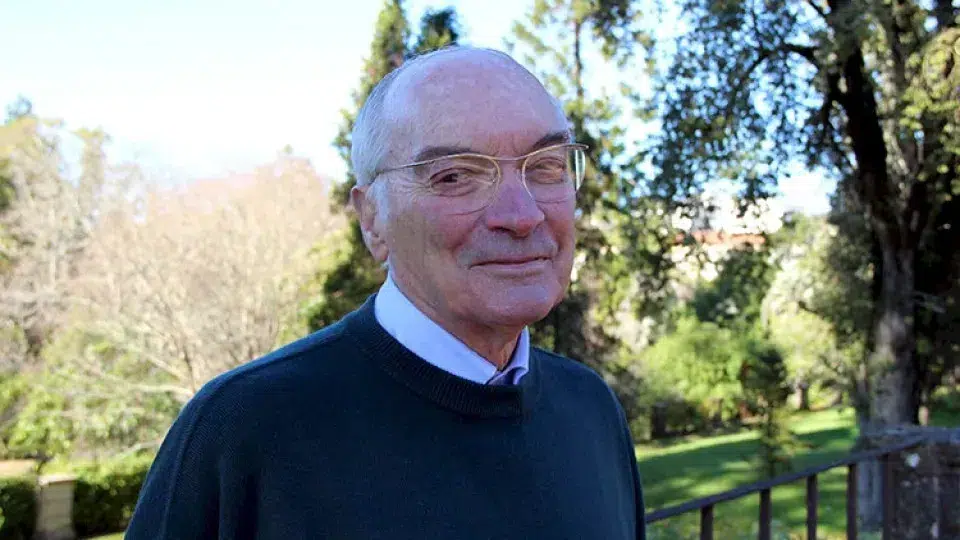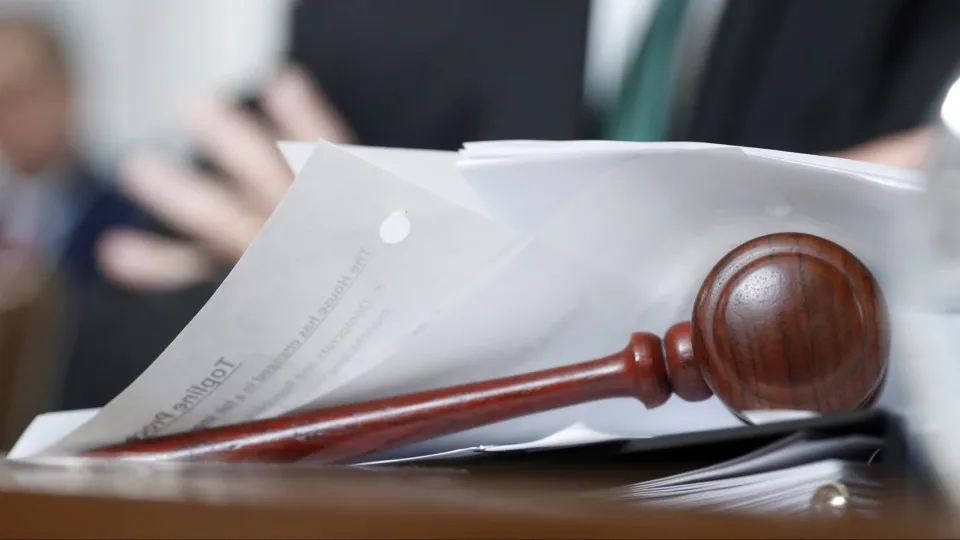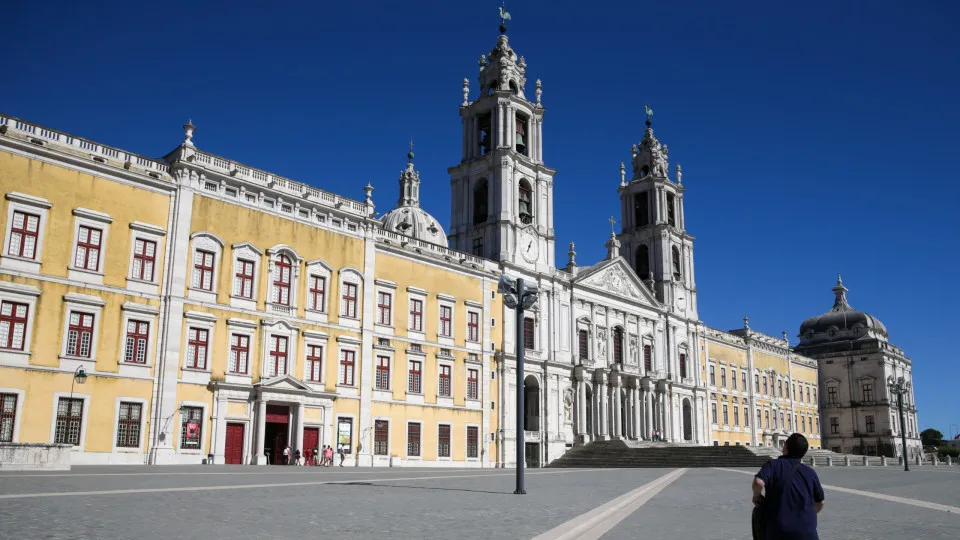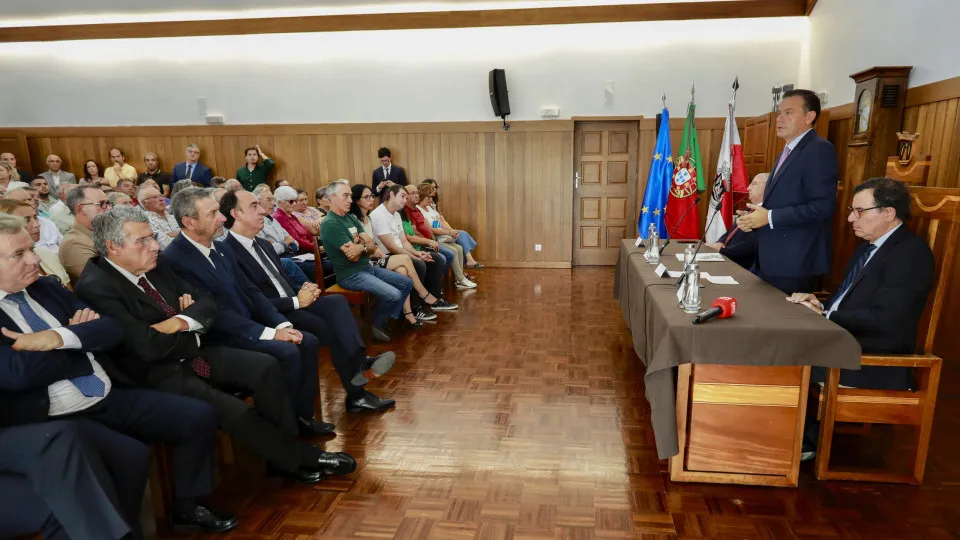
Luís de Camões initially studied in Coimbra, where Jorge Paiva is a retired professor, before venturing to North Africa, Mozambique Island, Goa, and Macau. This period partially aligns with the epic saga of Portuguese navigators, a few decades after Vasco da Gama’s fleet reached India in 1498.
“Since ‘Os Lusíadas’ were mostly written in the East and focus on the Discoveries, many of the plants mentioned in this poem are Asian, particularly spices and medicinal plants,” explains the scientist, who turns 92 on Wednesday.
On Tuesday, the book ‘Plants in the Poetic Works of Camões’, the result of years of research, “will be made available for open access on the University of Coimbra Press website,” stated the institution’s director, Carlota Simões.
In the study, which spans 166 pages, the biologist notes that in Camões’ lyrical work, “mainly written in Portugal and centered on love and passion, the plants mentioned are mostly European, Mediterranean, and typically used by poets since Classical Antiquity.”
“Some botanical expeditions I participated in [across the world] coincided with some of the regions Camões visited or referenced in his poems,” he clarifies.
As the official celebrations of the 500th anniversary of ‘Os Lusíadas’ creator’s birth are underway, with José Augusto Bernardes from the University of Coimbra as commissioner, the release of Jorge Paiva’s work has been part of the agenda from the beginning.
“During Camões’ lifetime, the most commonly known and referenced plants in literature were medicinal before those meant for food, and in poetry, they were ornamentals or held mythological significance,” he writes.
In ‘Os Lusíadas’, according to the environmentalist, about 60 plants are mentioned, “many Asian and aromatic,” while in the lyrical works there are “far fewer species,” around 40, especially “European, rural or ornamental.”
“Camões was well-acquainted with the Asian medicinal plants used by Garcia de Orta, not only through reading the ‘Colóquios [on Simples and Drugs of India]’ but also by observing them live in nature. Furthermore, he certainly knew Garcia de Orta’s garden in Goa,” he posits.
The researcher, born in Angola in 1933, adds that “during his stay in Asia, particularly in Goa, Camões, along with his botanical and phytotherapy knowledge gained through his interaction with Garcia de Orta, surely had the opportunity to engage in cultural exchanges with distinguished and educated Portuguese who lived in the colony, annexed by the Indian Union in 1961.”
In ‘Plants in the Poetic Works of Camões’, Jorge Paiva also interprets references to trees, herbs, and flowers originating from lands the poet-soldier never visited, like Brazil and Timor.
“When the Portuguese saw the Asian redwood, they also called it pau-brasil, but it is the wood of a tree from the tropical forests of East Asia,” he exemplifies.
Carlota Simões notes that Jorge Paiva “embodies various traits that make him an exceptional figure in Portuguese science.”
“Besides his longevity and well-known vitality, he possesses profound knowledge (…) in botany, coupled with an unusual willingness to collaborate with colleagues from very different fields,” stated the director of the IUC.
In the epic poem, Camões “imagined an island covered in forest, with lakes, rivers, and beautiful hills” – the Island of Love – to depict “an idyllic meeting between the crew led by Vasco de Gama and goddesses from Greek mythology.”
“He visited not only islands in the Indian Ocean but also some Asian tropical islands in the Pacific Ocean, covered with humid tropical forest,” connects Jorge Paiva.
Camões also traveled to the Atlantic islands of Terceira, Saint Helena, and Tristan da Cunha, as well as others in the Indian Ocean, like Mozambique Island, he highlights.




